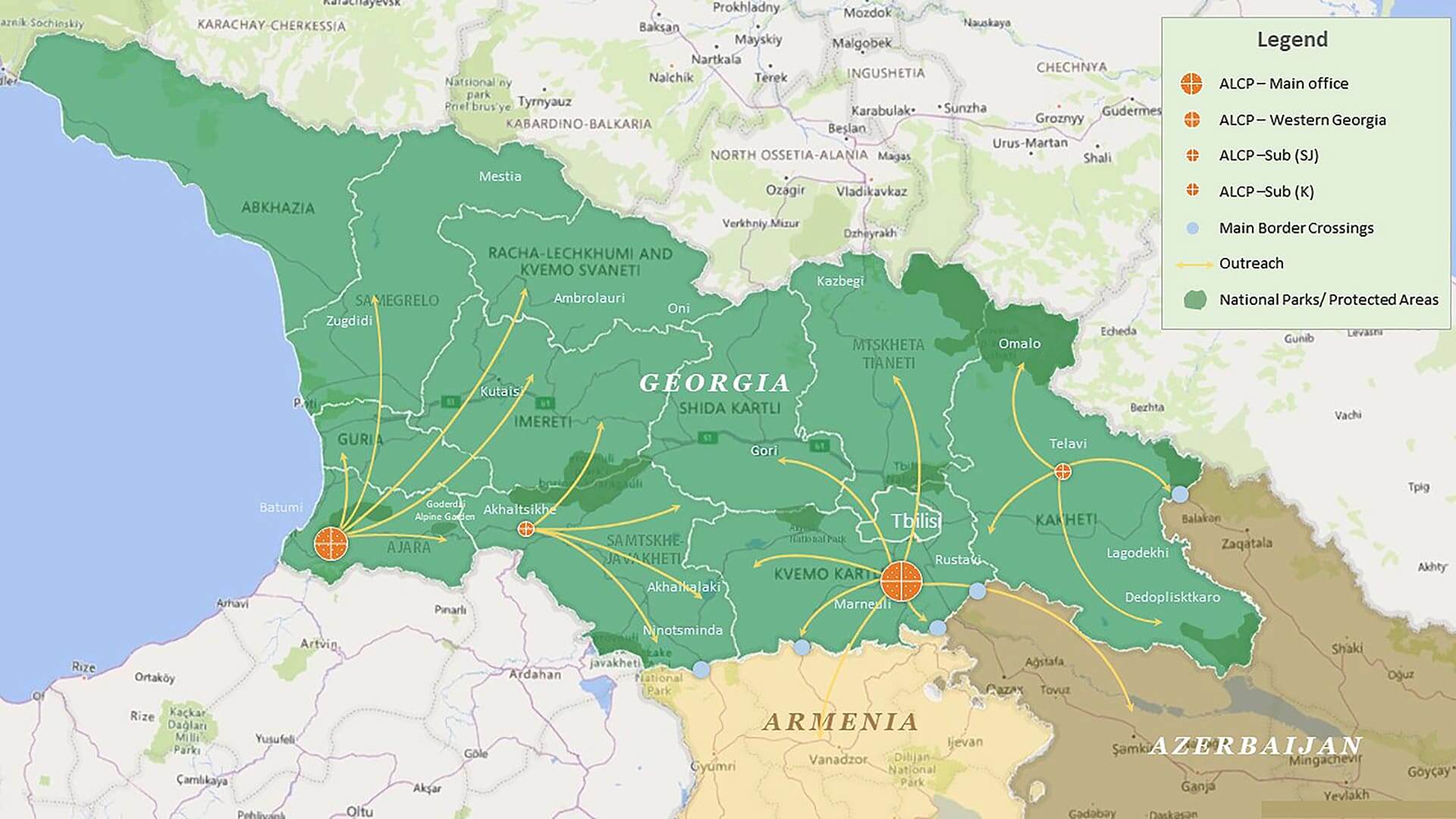Alliances Caucasus 2 is a market systems development programme targeting rural producers in Georgia. Its purpose is to increase incomes and improve livelihoods through better, sustainable productivity, resilient market access, local employment opportunities and more equitable inclusion in local natural resource use.
The Mercy Corps Georgia programme is implemented with co-funding from the Swiss Development and Cooperation Agency (SDC), the Austrian Development Cooperation (ADC) and the Swedish International Development Cooperation (SIDA).
